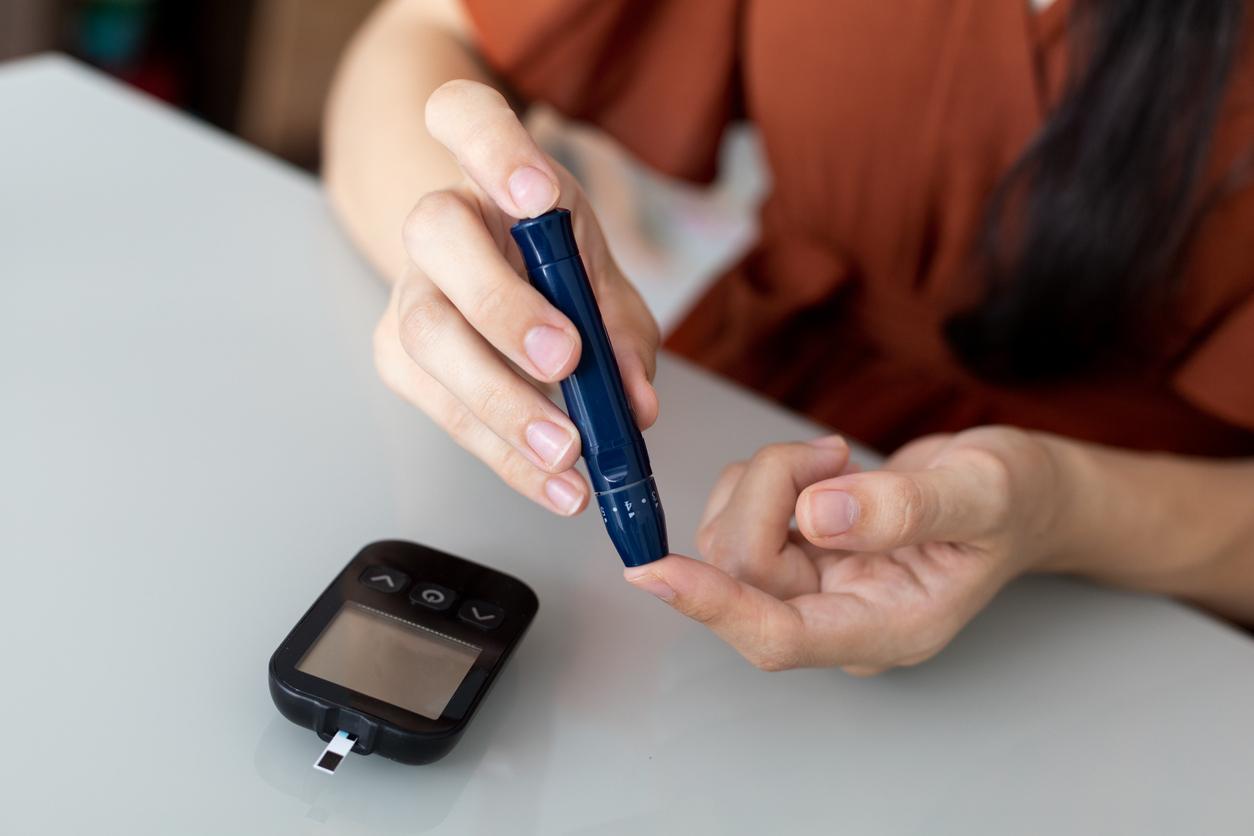It is indeed advisable to increase the consumption of antioxidants, because any chronic disease increases oxidative stress, which ages the body prematurely. These compounds have a proven protective effect against cardiovascular diseases and certain cancers. Their undisputed champions, fruits and vegetables, also help to fight against extra pounds. “All antioxidants (such as vitamin C) have a lot of interest, insists Dr. Lecerf, and particularly polyphenols (tea, nuts, olive oil), because they protect against complications (diabetic retinopathy) when they are taken from food, but not in tablets. A study has shown that if one triggers diabetes in a mouse, they slow its progression. »
Recently confirmed benefits: people who eat 6 servings of fruit and vegetables a day would reduce their risk of diabetes type 2 by 21%, compared to those who eat only 2 servings. And, among the big eaters of fruits and vegetables, those who choose to consume a wide variety of them see their risk drop by another 19%, because the antioxidant compounds (vitamins, polyphenols) differ according to the plants.
Varied vegetables at will, therefore, to fill up with protective elements, plus 2 fruits per day, but eaten whole (rather than in juice or smoothie). You can also sprinkle your dishes with spirulina, an algae that is full of antioxidants and found in the form of a dietary supplement.
Can spices and herbs really help regulate blood sugar?
Cinnamon has a reputation for lowering triglycerides, cholesterol and blood sugar, by increasing insulin sensitivity. A long series of studies, conducted since the 1990s, seems to confirm its interest in diabetes, especially for people who do not take metformin-based medication. But you have to wait about two weeks to judge the results and sprinkle the equivalent of half a teaspoon per day. “Fenugreek has the same action as cinnamon, notes Dr. Laurence Benedetti, and this aromatic herb can also be sprinkled (1 teaspoon) on stews, poultry and vegetables. »
The supposed benefits of other condiments (mainly sage and oregano, but also cumin, turmeric, cloves or licorice) are largely based on their use in phytotherapy, in the form of essential oils, or in traditional medicines. What is certain is that, overall, aromatics are very beneficial to health and also very rich in antioxidants. Not to mention that they raise the dishes, allowing at the same time to reduce salt and fat. Also, do not hesitate to use them as often as possible.
Read also :
Infographic: what are the differences between type 1 and 2 diabetes?
What are anti-diabetes minerals and vitamins?
















